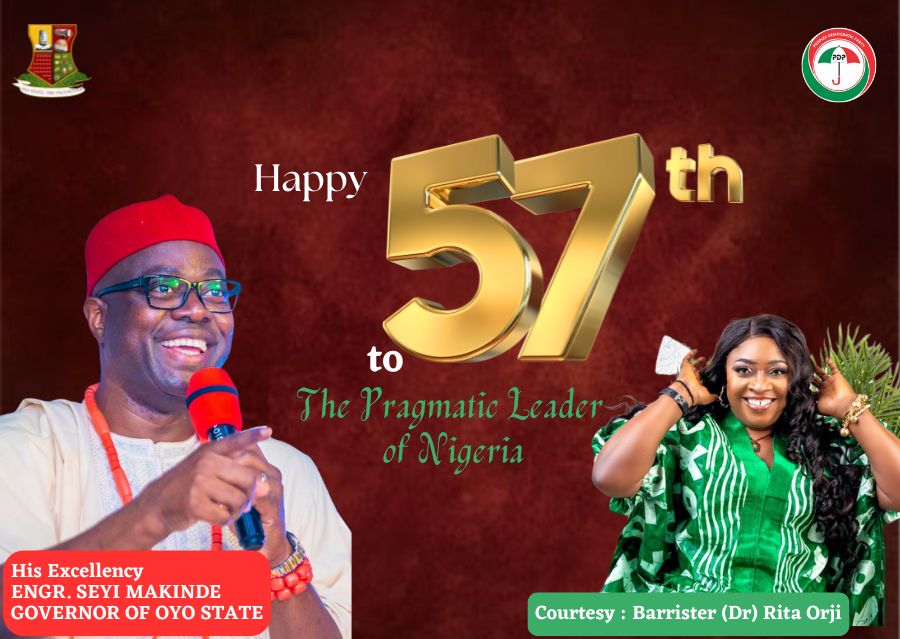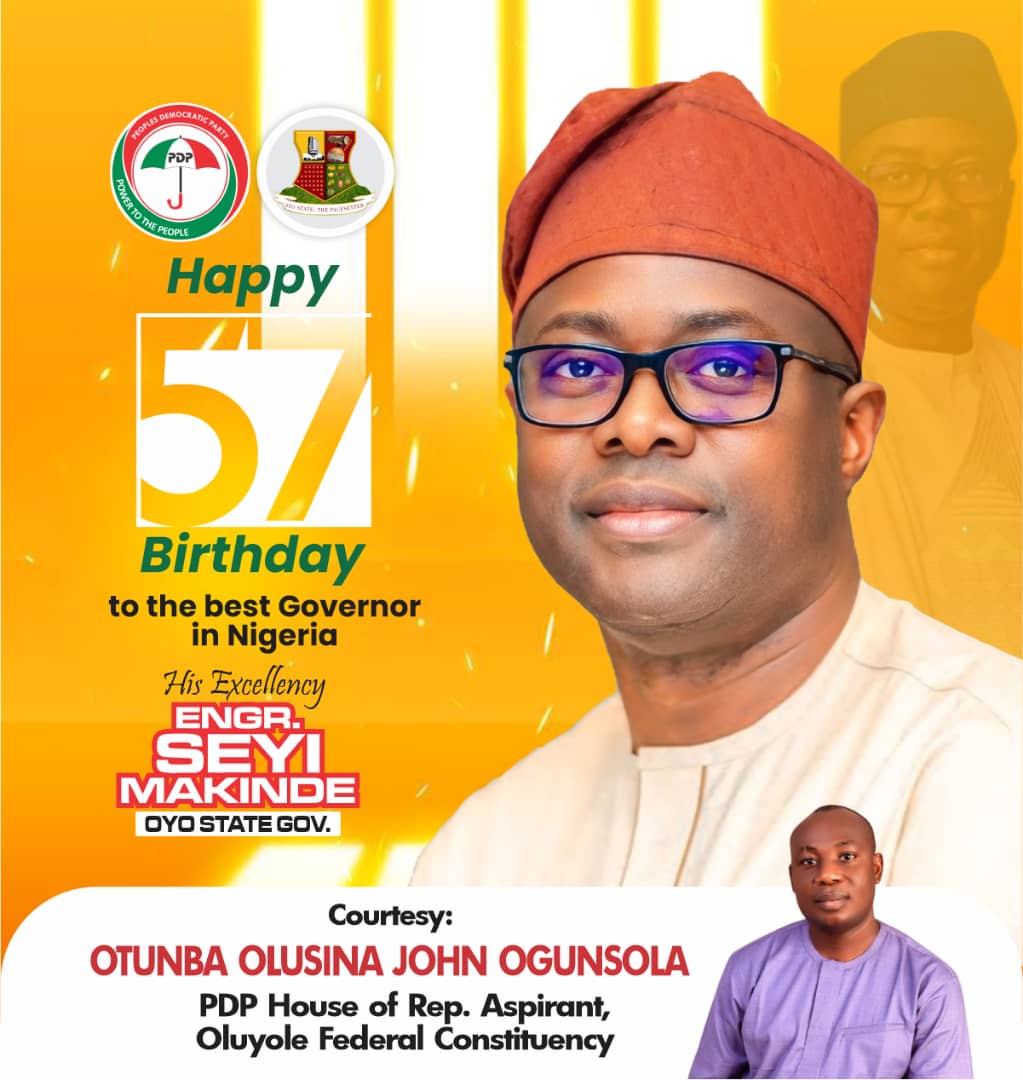2023: Mathematical Way to Zone Presidency
Nigeria is about two years away from the next presidential election, that is , the next precipice . Of course, with the epidemic of kidnappings , ransoming and ethnic- tinged killings , the country seems to be continually on the precipice . Even then, nothing gets us closer to it than a presidential election . And what a pivotal year Nigeria will have in 2023 if the powers that be reach a consensus on a zonal candidate. And there can ’ t be a more logical decision than to zone the presidency to the South East .
Beyond political morality ( contradiction in terms, perhaps ) , there is also a mathematical imperative . Sure, the arithmetic is rather simplistic . And as the late Professor Ebere Onwudiwe would have chided me , it ignores realpolitik . Even then , numbers have a way of shedding light where sentiments and biases otherwise prevail .
Notice , by the way , that I am specifying the South- East, which is very much synonymous with the Igbo . In so doing , I am excluding other people of Igbo origin in states such as Delta and Rivers. I begin with a process of elimination, by explaining why no other geopolitical region has a stronger claim to the presidency than the South- East. Let ’ s begin with the South -West for obvious reasons . Along with the North – West, it has logged the most years in the presidency since the return to democracy in 1999. Before then, General Obasanjo was the head of state for about four years . Cumulatively , that is about 12 years .
Alas , the presumed 2023 aspirant with the most compelling national profile also happens to be from the South- West. I am talking , of course, of Asiwaju Bola Tinubu . You could say he has earned that status . Dating back to his governorship of Lagos State, he has created a formidable following among the Yoruba . In fact, he may have surpassed Olusegun Obasanjo , who wasn ’t the favourite of the Yoruba when he first became president in 1999 .
Moreover, as a quintessential politician , Tinubu has bided his time. Though he was central to the formation of the All Progressives Congress , he ceded the presidential candidacy to Muhammadu Buhari . And even after Buhari virtually embarrassed him by loading federal appointments in favour of Northerners and with disregard for the South- West , Tinubu soldiered on. He reportedly considered bolting from the APC , but Buhari dissuaded him . Tinubu was assuaged — reportedly — by promises by Buhari that he would throw his political weight behind him in 2023.
Having thus paid his dues , Tinubu seems now to be gearing to cash in . Being elected will, of course, fulfill Tinubu ’ s seeming presidential ambition, just as 2015 fulfilled Buhari’ s.
Of the remaining two Southern geopolitical zones , the South- South just occupied the presidency for about fuve years . Though political morality would have suggested that Goodluck Jonathan be allowed to serve two complete terms , realpolitik took its course. The messianic Buhari convinced a majority of Nigerians — especially in the North and the South-West — that he would be Nigeria ’ s saviour. Nigerians now know better , of course. Even then the South- South has to queue back in the rotational line.
That leaves the Northern zones for consideration . The case against the North West is self – evident. By 2023 its son would have occupied Aso Rock for eight consecutive years . He has readily been the most divisive president in our history and his tenure the most violent and bloody since the civil war. But I digress, as that ’s not part of the mathematical equation . More pertinent is that Buhari also served as a military head of state for 1 . 6 years between January 1984 and August 1985. That ’ s for a total of 9 .6 years .
And that’ s not it for the North- West . Since independence , the region has additionally logged about 20 years in the executive office either as military or elected heads of state. That ’ s for a total of more than 29 years . Shehu Shagari ( from Sokoto ) was president for 4 .2 years . Gen . Ibrahim Babangida ( from Minna , Niger State) was a military head of state for eight years . His successor , Gen . Sani Abacha ( from Kano) was a head of state for 4 . 5 years . Then Umaru Musa Yar ’Adua was president for about three years . He most likely would have served for an additional five years had he not died in office at the young age of about 59.
So , the North- West has dominated Nigerian leadership for so long that both political morality and zonal mathematics would preclude another president from that zone for a very long time. That leaves the North- East and the North-Central as the only northern zones in contention. They both have a strong case for the presidency . It is just that they are both in the North and after eight years , there is a case for rotating back to the South.
Moreover, both regions have at least held the executive office for extended periods in the early years of the republic . Nigeria ’s first and only Prime Minister , Abubakar Tafawa Balewa , was from Bauchi State ( North- East) and he was in office from December 1959 to January 1966 ( 6 . 3 years ) . As for the North- Central , it provided us with General Yakubu Gowon, who was the military head of state from August 1966 to July 1975 ( nine years ) .
That leaves the South -East as the only zone that has not had someone in the executive office . Sure, an Igbo , Nnamdi Azikiwe , was the president during the First Republic , but it was largely a ceremonial position with limited veto powers. And another Igbo , General Johnson Aguiyi – Ironsi was briefly the military head of state in 1966. But to simplify this excursion into electoral mathematics , I have excluded tenures that lasted less than one year . That ’ s why I have also omitted the transitory governments of Ernest Shonekan ( South-West) and Abdulsalami Abubakar ( North -West ) .
If then mathematical logic is the basis for zonal rotation, the case for a South-East Igbo president in 2023 is ironclad . Alas , realpolitik is a different story.



